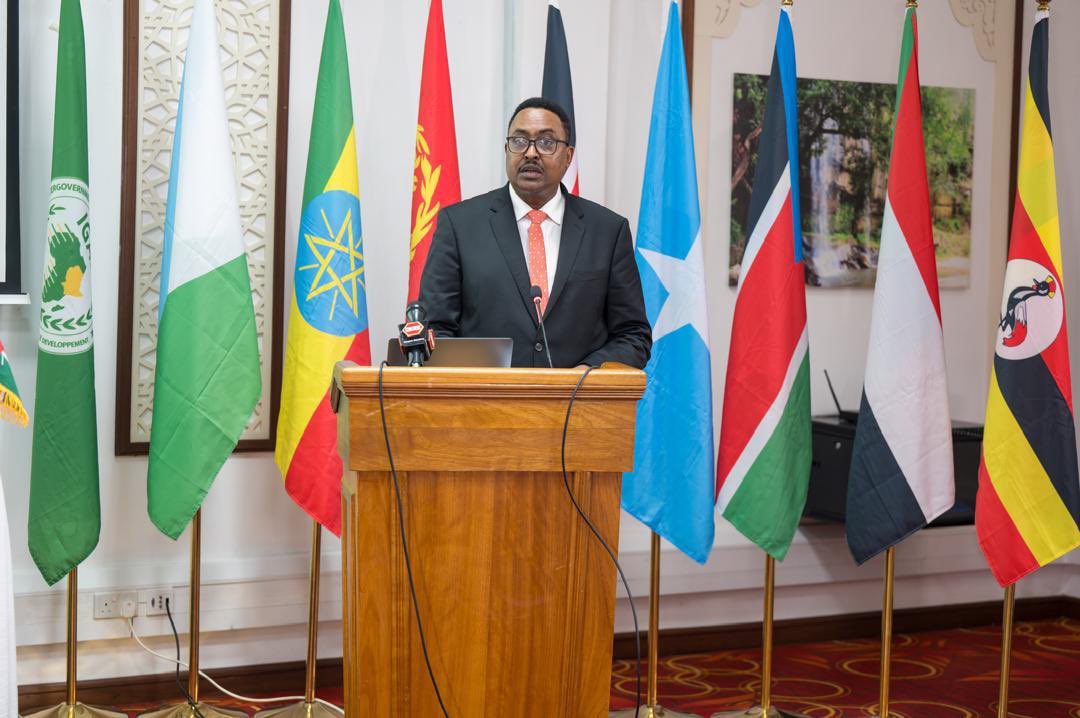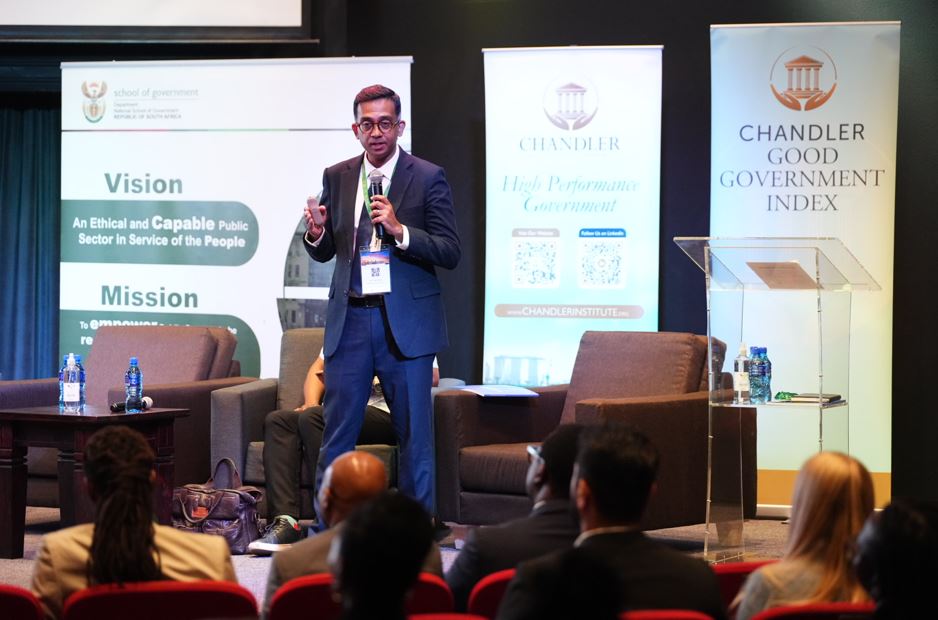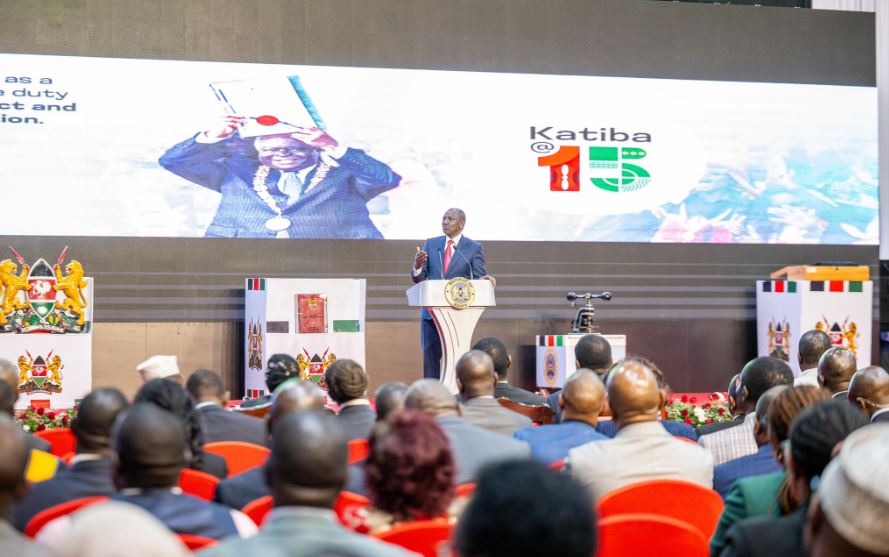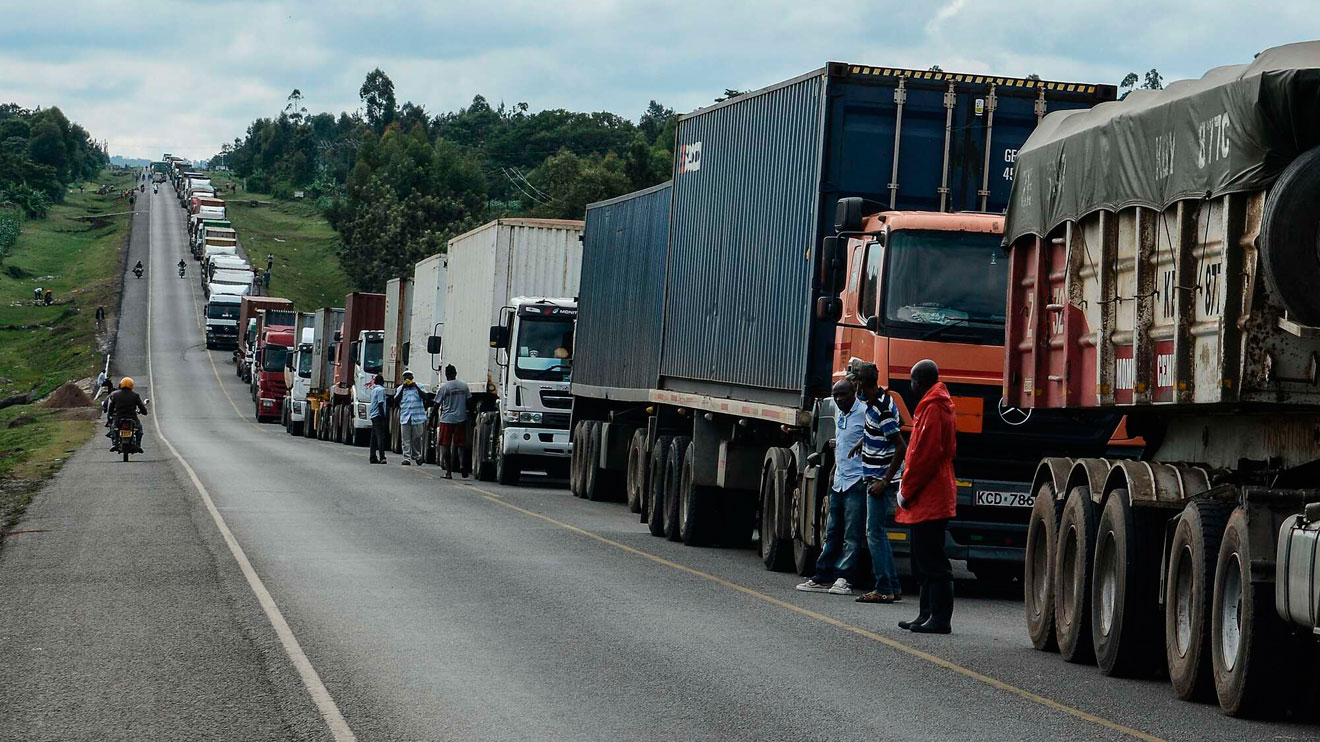Kwale County brings clean water to villages with solar-powered desalination plants
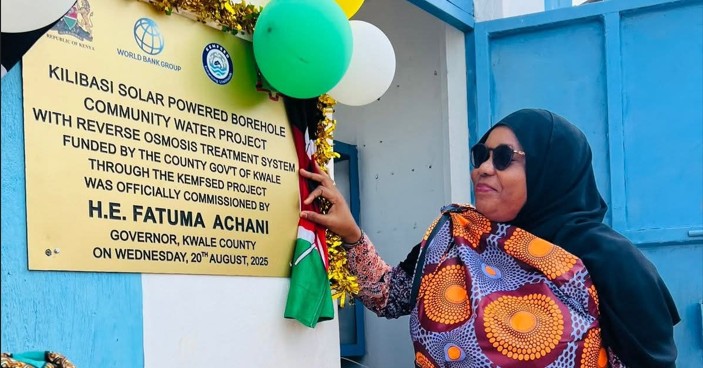
Governor Fatuma Achani, who recently commissioned a new desalination project in Kilibasi village, Kinango sub-county, said the initiative represents more than just a response to immediate need.
For decades, families in remote villages of Kwale County have struggled to live without reliable drinking water.
Women and children often rise before dawn to walk for hours in search of freshwater, returning home exhausted with heavy jerrycans balanced on their heads.
More To Read
- Kwale Governor Fatuma Achani vows legal action against land grabbers
- Tensions flare as Kwale leaders demand removal of KWS from Diani-Chale Marine Reserve management
- Kwale: Several suspected gang members arrested in major crackdown
- Boost for communities as Kwale unveils marine hatchery, seaweed centre
- Shimoni fishing port completed after three years of construction, handed over to KPA
- Two Kwale County officials summoned for disobeying court order on affordable housing projects
“It has been a painful journey. Some of us walked nearly 40 kilometres just to find clean water. It affected our health, our time, and even our livelihoods,” said Zawadi Mbete.
Like many coastal communities, Mbete’s village has long been at the mercy of saline intrusion—the slow contamination of underground wells by seawater—which has rendered most boreholes unsafe for human consumption.
For families already living on the margins, rising salt levels in their only water sources have worsened their hardships.
Kadzo Mwarandu, another resident, said the toll of water scarcity has been especially heavy on women.
“We carried the greatest burden. Many mothers spent half their day walking for water, leaving little time for income-generating activities or looking after children. Having clean water close to home will change our lives completely.”
For young people, the impact has also been severe.
Hassan Mwadime, a secondary school student, recalled how his studies suffered whenever his family asked him to fetch water.
“There were times I missed morning classes because I had to help my mother collect water before going to school,” he said. He added, “If we can now get clean water in our village, I believe many students like me will perform better in school.”
 Kwale Governor Fatuma Achani joins locals in celebrating the commissioning of a new desalination project in Kilibasi village, Kinango Sub-County. (Photo: Courtesy)
Kwale Governor Fatuma Achani joins locals in celebrating the commissioning of a new desalination project in Kilibasi village, Kinango Sub-County. (Photo: Courtesy)
Small-scale desalination plants
That tide, however, may now be turning. In an ambitious move to ease the chronic shortage, the Kwale County government has begun rolling out small-scale desalination plants powered by solar energy.
The projects, using reverse osmosis and membrane filtration technology, are designed to convert salty groundwater and seawater into safe drinking water.
Governor Fatuma Achani, who recently commissioned a new desalination project in Kilibasi village, Kinango sub-county, said the initiative represents more than just a response to immediate need.
“We are building water resilience and cultivating a sustainable future, assuring our people access to safe water for all. This is about protecting families from the growing impacts of climate change while laying the foundation for long-term development.”
Water security
The governor explained that the devolved government is positioning Kwale as a leader in water security by combining renewable energy with smart water technologies. Since devolution began in 2013, more than 50 large and medium dams, 60 boreholes, and 500 kilometres of pipelines have been constructed.
Residents say the benefits are already visible.
“This borehole will ease the burden, especially for women, who were always the ones forced to fetch water. Now our daughters can spend more time in school instead of queuing for hours at unsafe wells,” said Mbete.
Achani emphasised that access to clean water is not only vital for health but also for peace and prosperity. By reducing disease outbreaks and cutting the risks faced by women and girls searching for water, the projects are expected to strengthen communities and prevent future conflicts.
“This project will serve more than 400 households,” she added, urging residents to take ownership of the new facilities to ensure their sustainability.
“Clean water is not just a basic human right; it is the foundation for sustainable development,” Achani said.
Top Stories Today

